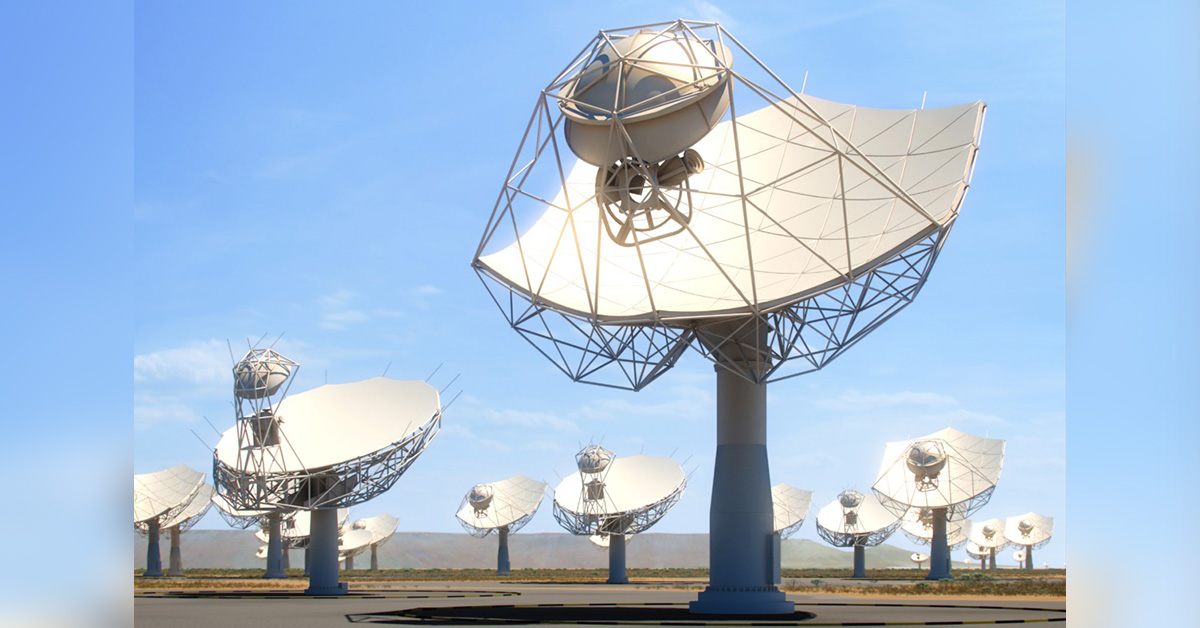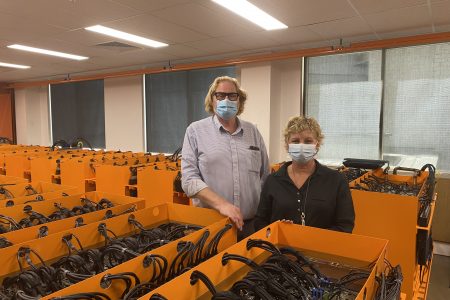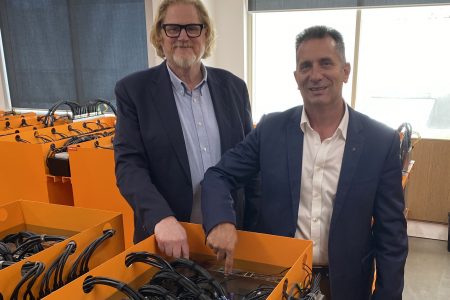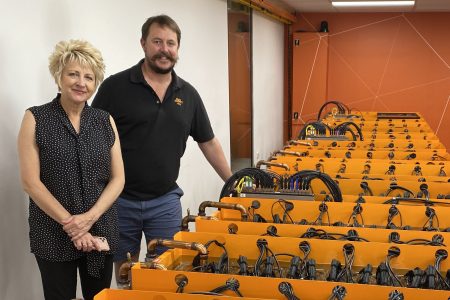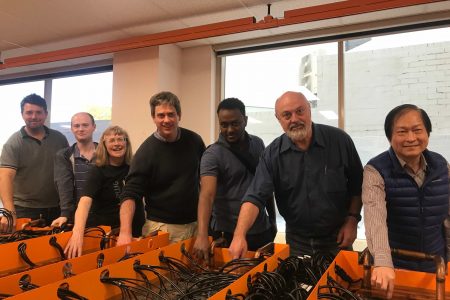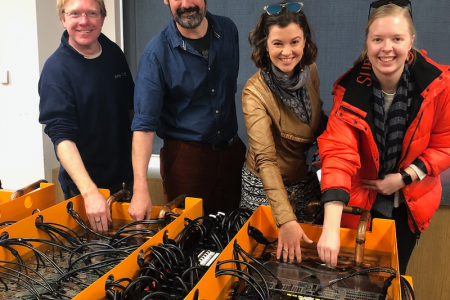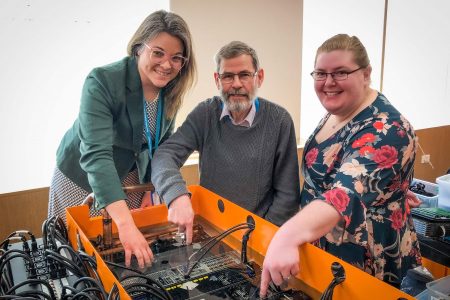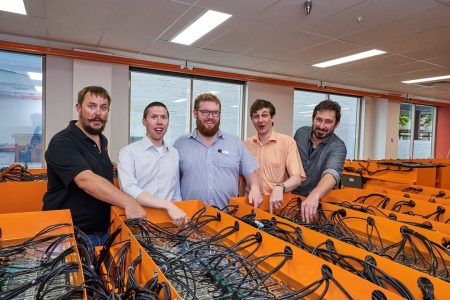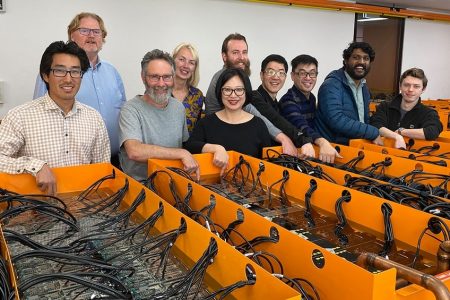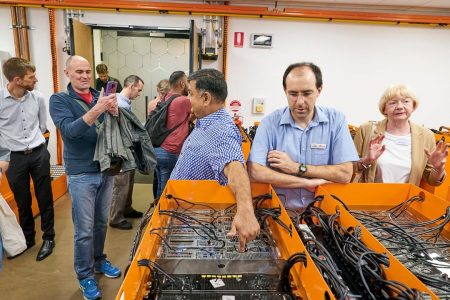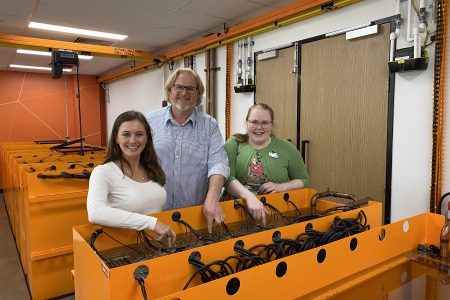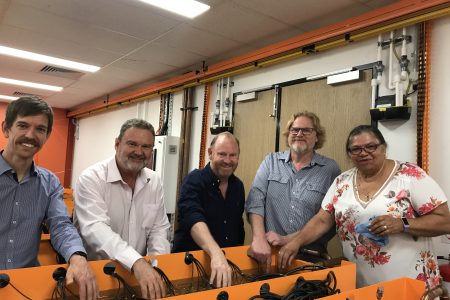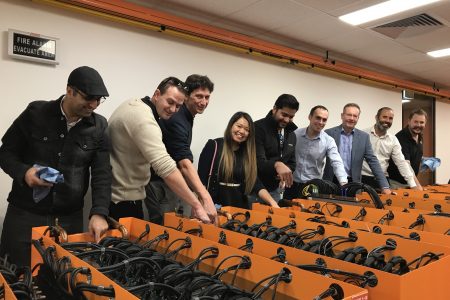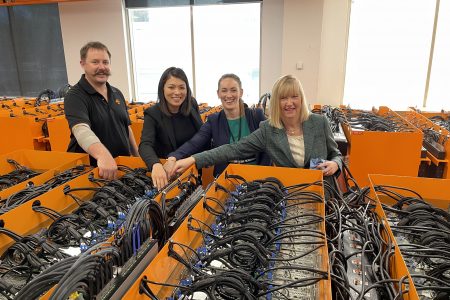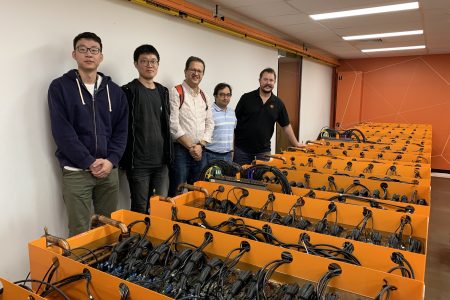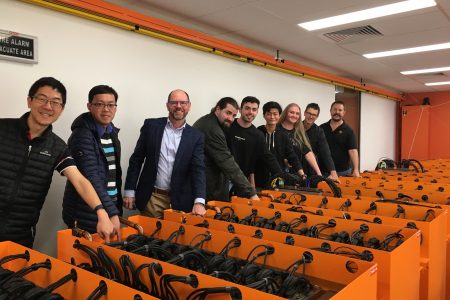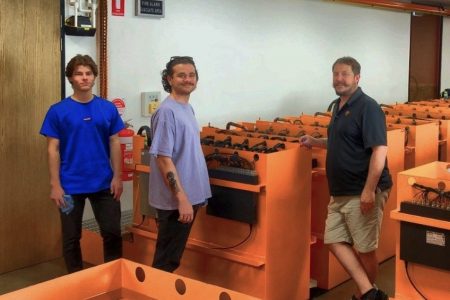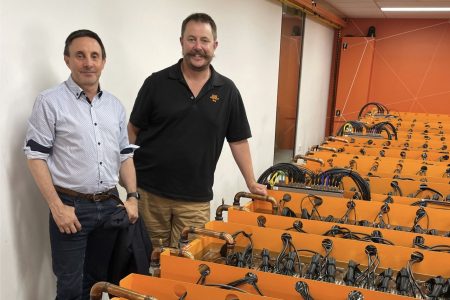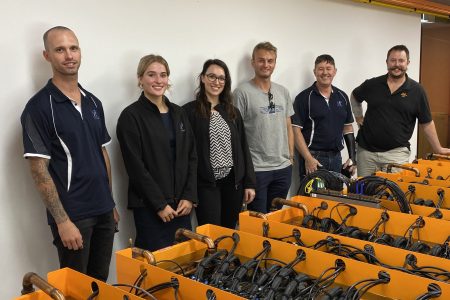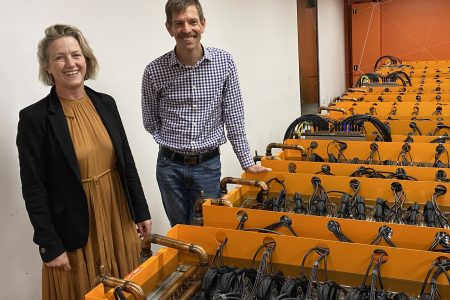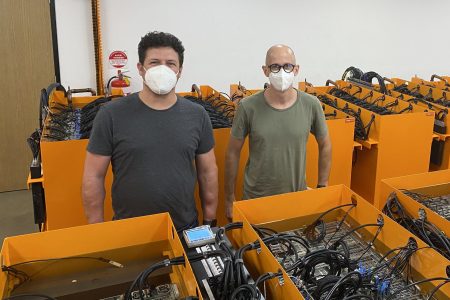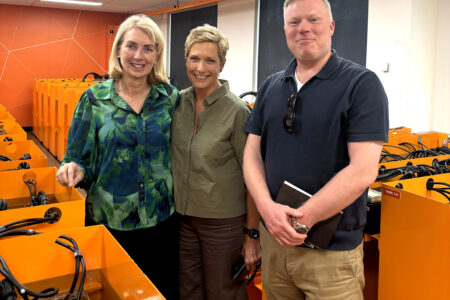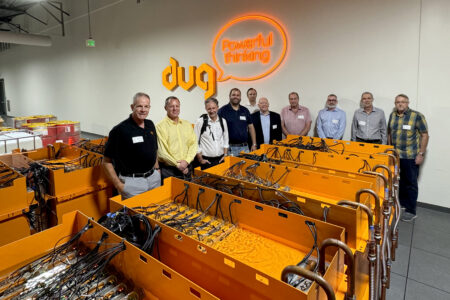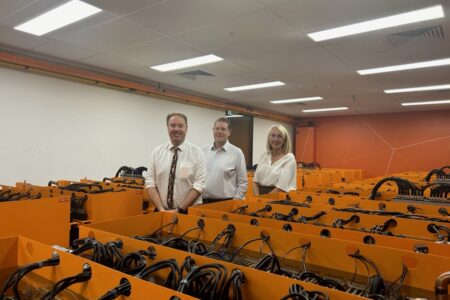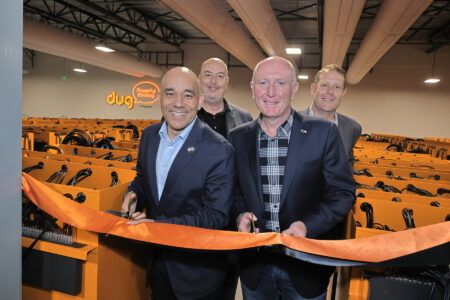Exciting news for the science community this week as the UK, home to the Square Kilometer Array (SKA) Global Headquarters, ratifies the SKA Treaty officially establishing the SKA Observatory as an Intergovernmental Organisation. This completes the process and gives the green light for the Observatory to be formally created.
The UK joins the other founding and host countries who have previously ratified the agreement: Italy, Portugal, Netherlands, South Africa and Australia. Together they will be tasked with building and operating the world’s largest radio telescope to be located in South Africa and Australia. This world-first project will enable scientists to study the universe in more detail than ever before.
The Square Kilometre Array (SKA) project is an international effort to build the world’s largest radio telescope. The SKA is not a single telescope, but a collection of telescopes, called an array, to be spread over long distances. It will be constructed in Australia and South Africa with a later expansion in both countries and into other African countries.
Now that the treaty has been officially ratified the building process can begin. The first official meeting of the SKAO Council is expected to take place in early 2021 and completion is expected at the end of the decade.
The SKA will conduct transformational science and help to address fundamental gaps in our understanding of the Universe including the formation and evolution of galaxies, fundamental physics in extreme environments and the origins of life in the Universe.
The SKA telescope is often considered to be a “software” telescope with immense amounts of compute built into the heart of the telescope, allowing it to function. Processing the vast quantities of data produced by the SKA will require massive compute power. It is anticipated that the Australian telescope will require at least 130PFlops of compute just to generate the raw observations. Globally, when fully operational, the SKA Regional Centres are estimated to consume over 25 ExaFlops of compute as they turn the raw observations into scientific output.*
This news is the culmination of years of hard work for the SKA teams in Australia. We have been honoured to work with some of these incredible scientists from SKA, ICRAR, ASKAP and CSIRO, helping them to advance their data processing capability and provide solutions to their compute, storage and cooling challenges. We’re excited for the future of the project and for the truly incredible science that will benefit all of humankind.
*References for expected SKA compute usage here, here, here.
Photo credit: SKA Organisation.


